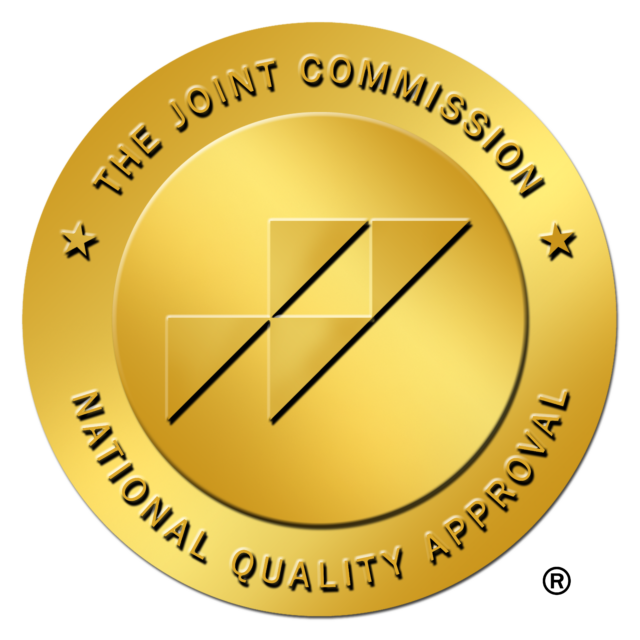Addiction is a powerful, downward spiral for those that heed that siren’s seductive call. The National Institute on Alcohol Abuse and Alcoholism discloses that about 5.3 million American women drink alcohol in an unhealthy manner. Women differ from men in how they respond to drugs and alcohol and have specific outside pressures and concerns that impact their road to recovery. Proper treatment is tailored to address the unique needs of women that are working toward recovery.
Biological Background
Due to a woman’s physiology, women get drunk faster than men and suffer increased health problems. Women’s bodies typically weigh less, and looking at composition, contains less water and more adipose or fatty tissue. This fat retains alcohol, and female organs have more exposure to alcohol. For those that drink heavily, women incur an increased risk of sexual assault and other types of violence. Adverse health effects from ongoing unhealthy alcohol consumption occur faster than for their male counterparts. Unfortunately, women that drink heavily are at a higher risk of:
- Alcoholic Hepatitis
- Death from Cirrhosis
- Breast Cancer, particularly with smokers
- Cardiovascular disease.
Both men and women lose brain mass and mental function over prolonged periods of alcoholism, but there is a tendency for this to occur faster in women. According to Harvard Health Publications, women progress faster from using addictive substances to dependence, also known as telescoping. Women who become addicted develop medical problems and face social consequences faster than men.
Effects of Estrogen
ABC News reports that accumulating research may suggest estrogen as a crucial differentiating factor in addiction for women. Two-hundred thousand (200,000) US women die annually, and over 4 million other women require addiction treatment. Continuing biochemical research can provide insight into improved treatment options for women. Studies offer the idea that estrogen is related to the amount of dopamine released as a response to addictive drugs. Additional studies show a correlation between a woman’s response to stimulants such as cocaine, amphetamine, and her menstrual cycle. Women may have a more robust response to stimulants at different points in their cycle.
Emotional Requirements
In general, women use substances to regulate their mood and handle depression or anxiety. Men will do so to improve attention, increase a good mood, reduce feelings of aggression, or decrease pain. Treatment that focuses on women should work on their emotional needs. Assisting women in building their self-esteem and working on underlying issues helps women who want to stop their substance abuse. Findings suggest that women bear the brunt of more destructive physiological effects of heavy substance abuse, more significant social taboos, and increased mental health problems. Many may have started on the path due to childhood trauma or abuse.
Group Therapy

Individuals who participate in individual treatment and group therapy have higher rates of success in maintaining their abstinence and not relapsing. On average, women are more willing participants in group therapy. Medications, self-help groups, and psychotherapy are all resources for those seeking to combat addiction. Those women with histories of abuse, trauma, or psychiatric disorders have an increased likelihood of recovery in gender-specific treatment programs.
Children as Motivator and Barrier
Women have more difficulty in completing a rehabilitation and recovery program. One of the reasons is that they have a more significant burden of childcare. Women are often the nurturer in a family dynamic and are responsible for the daily needs of children and the household. It can be difficult for them to focus on getting better and delegating their children’s needs to others. Also, children can be a factor in why women choose not to seek treatment. Fears that Child Protective Services will take their children, or that they will lose custody of the children in their care force women to hide their addiction. Like many men, only a small percentage of women believe that they need treatment and take those first steps. Women with children may leave a treatment program early because of a lack of familial support and fears of interference from state welfare services. On the other hand, according to the Addiction Recovery Foundation, children are also cited as a primary reason for abstinence. Women also have an increased likelihood of more informal support and can more easily establish new friendships with nonusers. Tapping into and creating a network of support is a substantial factor in the ability to continue on the road toward recovery.’ Studies on women who struggle with addiction are still ramping up, hoping that further insights will help therapists and physicians attune their treatment programs to the specific needs of women and subgroups within.





